Questlove on celebrating Black joy with ‘Summer of Soul’
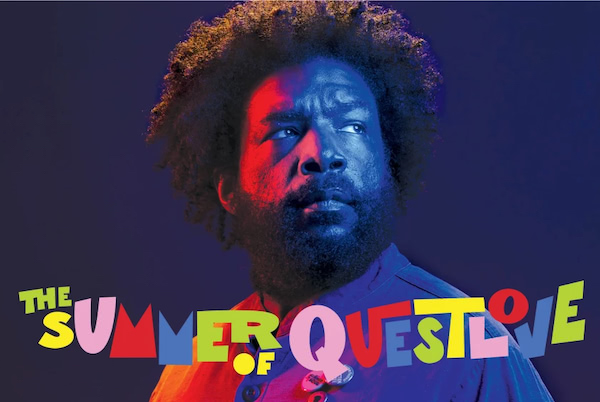
Questlove’s directorial debut, Summer of Soul, a documentary about the the 1969 Harlem Cultural Festival, opened this year’s Sundance Film Festival, won top prizes in the documentary category, and is already being called one of the best films of the year.
Rob Tannenbaum interviews Questlove for the Los Angeles Times:
Along the way, he realized the answer to his own question about why [the] footage sat unused for decades: Black erasure, a broad term that encompasses the idea that American history is written through the white gaze, and Black voices are ignored, forgotten or worse.
With “Summer of Soul,” Questlove was trying to correct one example of Black erasure. The story of people of color in the late ’60s is largely focused on protests, beatings, marches and the murders of King and Malcolm X.
“I call it pain porn,” Questlove says. Seeing so many Black stories about slavery and suffering, he says, “is exhausting. We have other stories and other experiences too. One element [that’s missing] is Black joy. At what times were we shown in a non-minstrel light, where it’s actual joy?”
Summer of Soul arrives in theaters and on Hulu on Monday.
Why Phylicia Rashad’s defense of Bill Cosby is so infuriating
Meredith Blake, writing for The LA Times:
We all know in theory that actors aren’t the characters they play, but to children of the ‘80s, Rashad was Clair Huxtable, the firm but loving wife and mother as well as the no-nonsense lawyer who never lost an argument at home. As played with regal charm by Rashad, Clair was both the ultimate sitcom mom and a trailblazing example of a woman who balanced work and family life while bucking traditional gender roles [...]
She was also anything but an enabler and specialized in taking down badly behaved men — even ones in her own family.
How India Walton Convinced Buffalo Voters They Wanted Police Reform
Walton recently defeated Buffalo’s four-term incumbent and is slated to become the city’s first woman mayor and the first socialist mayor of a major city in more than 50 years.
Danielle Tcholakian profiles Walton for Curbed:
Walton has managed what many left-leaning politicians have tried and failed to do, notably in New York City: electoral victory on a platform that promises to dramatically cut back on policing in a city experiencing an increase in crime. She did it the way she does everything: by “meeting people where they are,” as she puts it.
Colman Domingo on ‘Zola’, ‘Candyman’, and changes in Hollywood
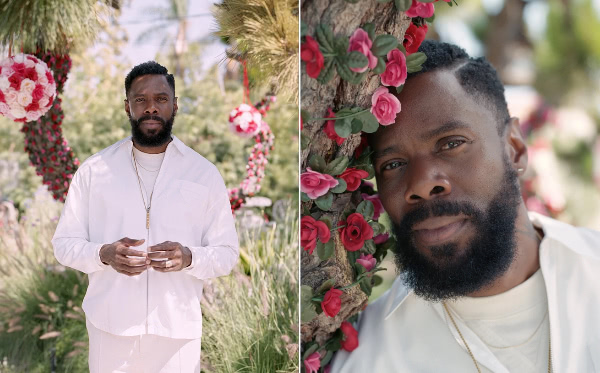
Cara Buckley interviews Domingo for The New York Times:
Colman Domingo — actor, playwright, dramaturge, producer, professor and the fella who showed up to this year’s Oscars in a hot pink sequined Versace suit — is likely best known for his character of Victor on television’s “Fear the Walking Dead.” He’s also brought a sensitive soulfulness to the array of characters he’s portrayed in some of the past decade’s most prominent Black films: “The Butler,” “Selma,” “42,” “The Birth of a Nation,” “If Beale Street Could Talk” and “Ma Rainey’s Black Bottom.”
I didn’t watch the Oscars, but Colman’s suit definitely won every award. There’s no way it didn’t.
How America Remembers— and Distorts — Its Slavery Past
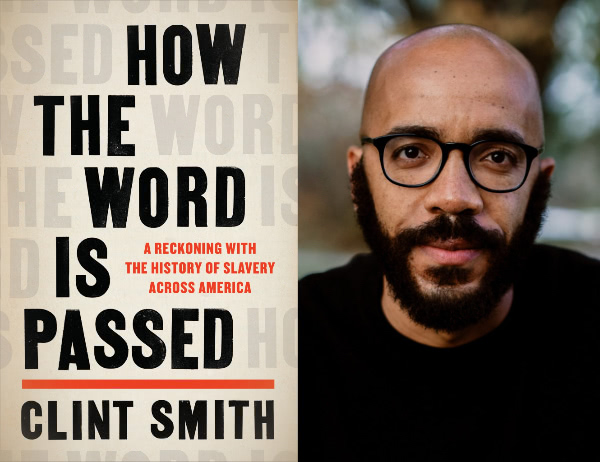
Julian Lucas reviews Clint Smith’s new book, How the Word Is Passed, for the Times:
Gregarious, learned and engagingly open-minded, the book meets America where it is on the subject — which is to say, all over the place. Beginning in his hometown, New Orleans, Smith visits nine places that memorialize or distort their link to the legacy of slavery, from Thomas Jefferson’s Monticello to the African Burial Ground in Lower Manhattan. He skillfully braids interviews with scholarship and personal observation, asking, “How different might our country look if all of us fully understood what had happened here?”
With Kuba Kings and Kehinde, a Painter Rises Above the Fray
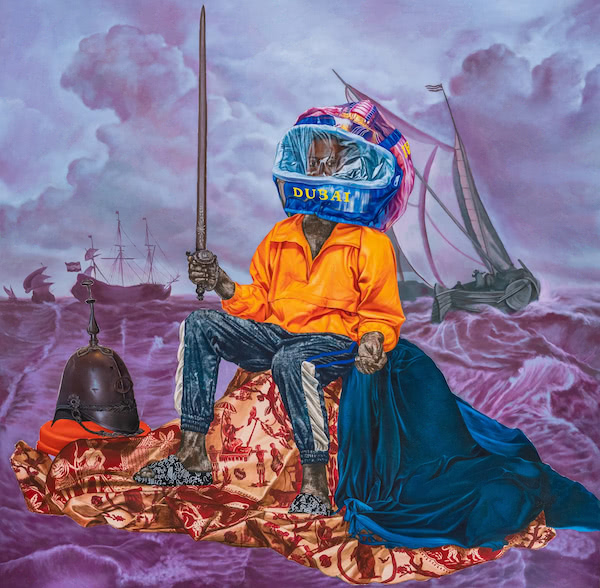
Dionne Searcey for the Times:
He marveled at the 16th century images of men and women posed in gaudy, elaborate frocks. But he wondered, where were the Africans? He decided to find out.
At about the same time velvet-robed European kings and queens were being feted in paintings, he learned, the Kuba kingdom was rising in Central Africa. Kuba kings wore leopard skins and eagle feathers. And they ushered in an important era of artistic innovation with their elaborately designed costumes as well as the embroidered textiles, ornately beaded hats and wooden cups used to fete them.
“The story of African art was not in our curriculum,” Balu said. “We say Africa is the cradle of mankind, but paradoxically Africa is not represented in art history.”
A 40-Mile Rite of Passage for High School Freshmen
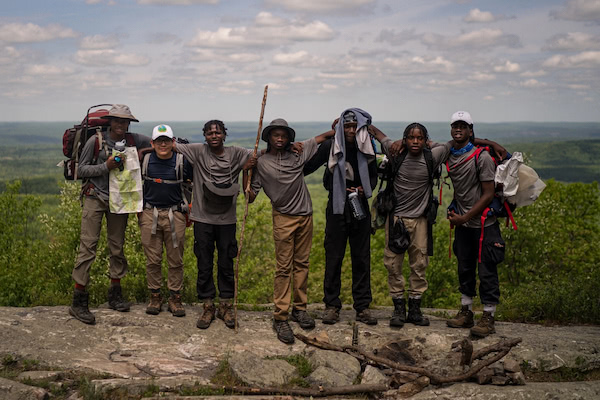
Kevin Armstrong, reporting for the Times:
The boys surrendered their cellphones at the school, rode 50 miles on coach buses to the start of the trail, and strapped on backpacks that weighed 25 to 40 pounds. There was no turning back; anyone who started had to finish or do it all again, either in the summer or next spring.
Great stories and photographs here. Imagine starting your freshman year with an adventure like this.
He clenched his teeth as he climbed a steep mountain. When the tree canopy yielded to sky, Jorwally caught up with a group of exhausted hikers. They were adjusting their durags and wondering if a helicopter could rescue them.
“I just want my braids to breathe,” Javeir Bennett said.
Thanks for reading. See you next week.
